Life
Sign up for our newsletter
We summarize the week's scientific breakthroughs every Thursday.
-
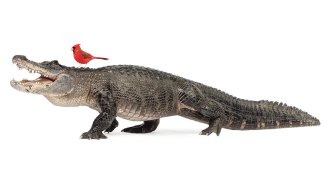 Animals
AnimalsSlow, cold reptiles may breathe like energetic birds
Finding birdlike air patterns in lungs of crocodilians and in more distantly related lizards raises the possibility that one-way airflow evolved far earlier than birds themselves did.
By Susan Milius -
 Neuroscience
NeuroscienceSigns of Huntington’s show up in the brain in childhood
Hints of Huntington’s disease show up in the brain long before symptoms do.
-
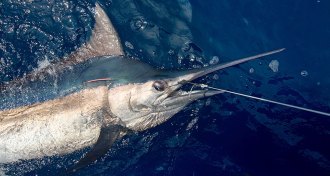 Animals
AnimalsMarine biologist chronicles a lifelong love of fishing
In A Naturalist Goes Fishing, a marine biologist takes readers on a round-the-world fishing expedition
By Sid Perkins -
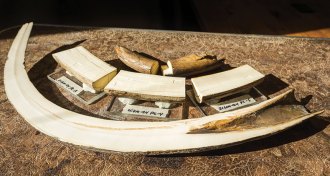 Paleontology
PaleontologyNew evidence weakens case against climate in woolly mammoths’ death
Hunters responsible for woolly mammoths’ extinction, suggests a chemical analysis of juveniles’ tusks.
By Meghan Rosen -
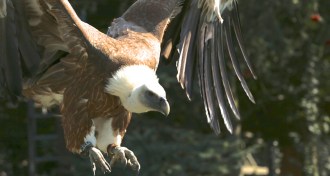 Climate
ClimateHigh-flying birds recruited for meteorology
Monitoring the midflight movements of high-flying birds can provide valuable meteorological data, new research shows.
-
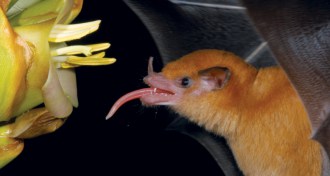 Animals
AnimalsHow to drink like a bat
Some bats stick out their tongues and throbs carry nectar to their mouths.
By Susan Milius -
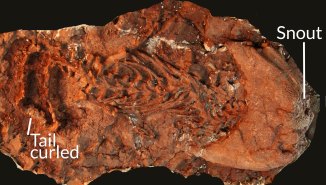 Paleontology
PaleontologyDimetrodon’s diet redetermined
The reptilelike Dimetrodon dined mainly on amphibians and sharks, not big herbivores as scientists once believed.
By Meghan Rosen -
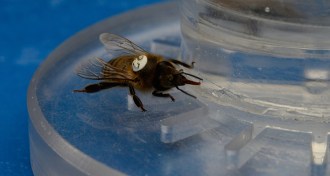 Animals
AnimalsBees get hooked on flowers’ caffeine buzz
Flowers drug honey bees with caffeinated nectar to trick them into returning, causing the bees to shift their foraging and dancing behaviors.
-
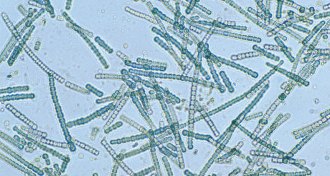 Plants
PlantsEarly cyanobacteria fossils dug up in 1965
In 1965, early photosynthetic plant fossils were discovered. The date of earliest oxygen-producing life forms has since been pushed much earlier.
-
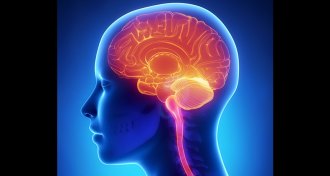 Neuroscience
NeuroscienceAdolescent brains open to change
Adolescent brains are still changing, a malleability that renders them particularly sensitive to the outside world.
-
 Humans
HumansU.S. is growing more genetically diverse
Young Americans are more genetically diverse than previous generations, a new DNA analysis reveals.
-
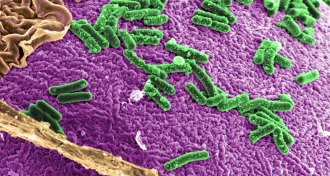 Genetics
GeneticsMicrobes may reveal colon cancer mutations
Certain microbial mixes are associated with particular DNA mutations in colon cancer, a new study suggests.